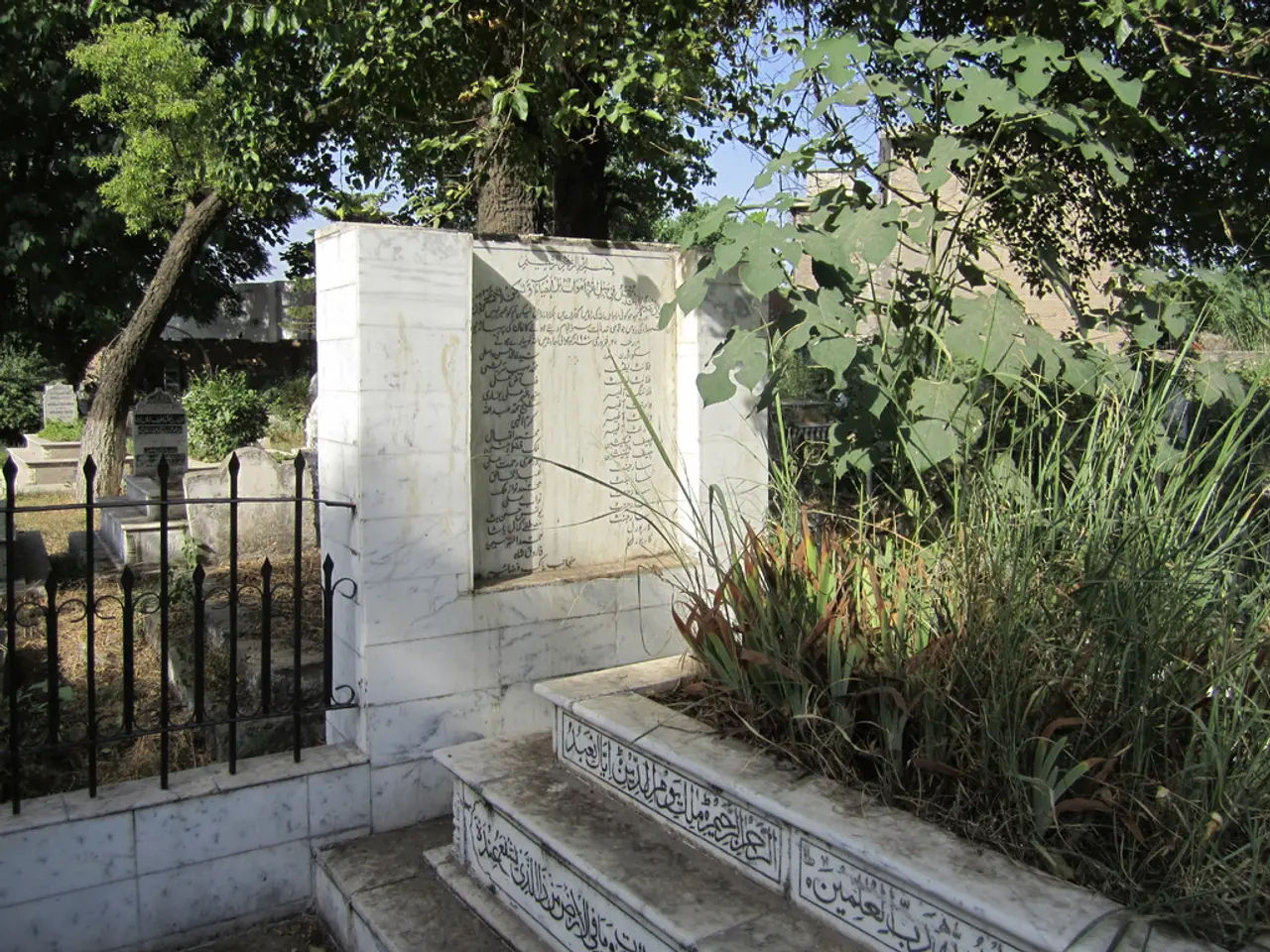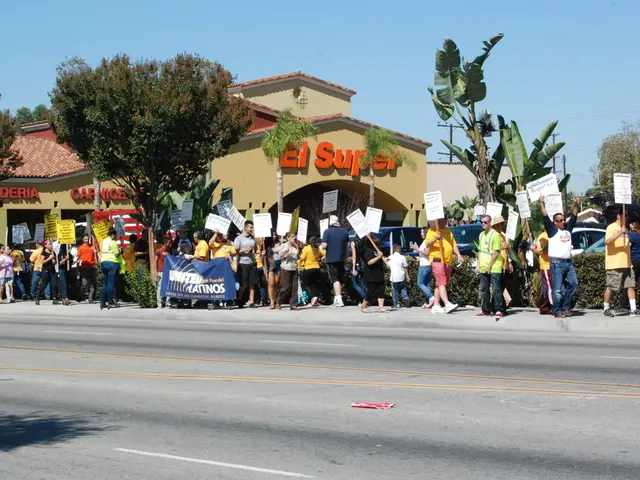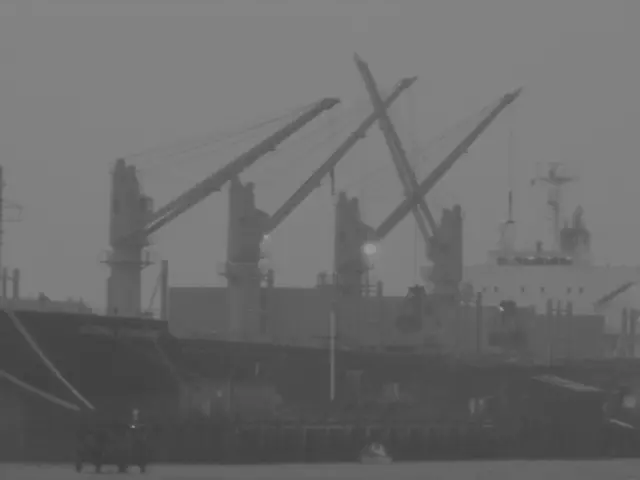River Burials Begin in Mainz, RLP Starting October
The Rhineland-Palatinate state parliament has recently passed a reform that allows for river burials in the Rhine, Mosel, and Saar rivers, marking a significant shift in the region's funeral practices.
Welcomed by the Association, the reform is seen as a step towards more individualised fulfillment of the wishes of deceased individuals and their families. However, not everyone is in favour of the changes. Critics, such as Karl Mettlach, a funeral director in Saarburg, find the law immature, with many aspects unclear, such as what happens when the person with the urn dies or in cases of family disputes.
The new law has sparked curiosity among funeral directors, with some reporting an increase in inquiries. A funeral director in Saarburg has received many inquiries about river burials on the Saar, while Nico Schmidt from the Loch Funeral Home in Trier has received few inquiries for Moselle river burials.
The Rhineland-Palatinate Funeral Directors' Association e.V. has criticised the legislative process, stating that funeral directors, churches, and other institutions were not involved in its creation. The Association also believes that some provisions in the current draft are impractical.
Despite the concerns, the Association does not see a threat to the funeral industry. Christian Jäger, CEO of the Rhineland-Palatinate Funeral Directors' Association, emphasises the need for clear guidelines from the legislature for funeral directors to implement the new possibilities reliably. Jäger is not concerned about the future of the funeral industry, stating that funeral directors will always be needed to competently accompany people in this situation.
One such funeral director is Steffen Großmann, who operates a boat that can accommodate eight people. River burials in Rhineland-Palatinate may be performed by a funeral home from Düsseldorf from departure points in Koblenz, Mainz, Ludwigshafen, and Trier.
However, Mettlach fears that the new law could lead to a loss of cemetery culture, as urns may be kept at home instead of in cemeteries. He also expresses concerns about potential financial losses for municipalities due to the new law.
Criticism of the reform suggests that municipalities could be negatively impacted due to a shift towards cremation and new burial options. Until now, river burials were only possible for Germans abroad, such as in the Netherlands. In the year 2000, around 70% of burials were earth burials, while today there are approximately 75% cremations.
Despite the changes, Mettlach and Jäger agree that the industry's work is constantly evolving. Many people have contacted Nico Schmidt who want to keep their urn at home instead of opting for river burials, indicating a shift in preferences that the funeral industry must adapt to. As the reform is implemented, it remains to be seen how the changes will impact the region's funeral practices and the industry as a whole.
Read also:
- Urgent investment: Province funds 5.3 million dollars for expanding primary care in Elgin-Middlesex-London area
- Federal Environmental Protection Agency under scrutiny for alleged manipulation of soil sample results following East Palestine catastrophe
- Colon Cancer Genetic Testing: Insights into its Function, Application, and Additional Details
- RFK Jr. Takes Bold Step in Vaccine Research Development, Possibly Poseing a Threat to Public Safety






